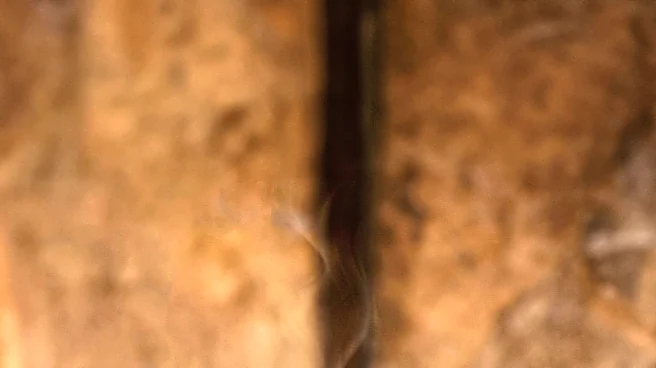What's Happening?
Coffee consumption is a significant cultural phenomenon in Israel, with many individuals sharing their personal experiences and challenges related to their coffee habits. Sarit Gabay, a resident of Tel Aviv, drinks up to 11 cups of coffee daily, citing it as an essential part of her routine despite health warnings. Similarly, Reut Ofek, a marathon runner, incorporates coffee into her training regimen, consuming up to 12 cups a day. Oren Kozlovsky, who underwent a lung transplant, was advised by doctors to reduce his coffee intake due to heart issues. Despite the health risks associated with excessive coffee consumption, many Israelis continue to indulge in their coffee rituals, viewing it as an integral part of their lifestyle.
Why It's Important?
The widespread coffee culture in Israel highlights the potential health risks associated with excessive caffeine consumption. While coffee offers benefits such as increased alertness and potential disease prevention, it also poses risks like anxiety, sleep disturbances, and heart issues. The stories of individuals like Gabay, Ofek, and Kozlovsky underscore the need for moderation and awareness of personal health conditions when consuming coffee. This cultural trend reflects broader global concerns about caffeine dependency and its impact on health, prompting discussions on balancing enjoyment with health considerations.
What's Next?
As coffee remains a staple in Israeli culture, individuals may need to reassess their consumption habits in light of health advice. Medical professionals continue to study the effects of caffeine, providing updated guidelines for safe consumption. Coffee enthusiasts might explore alternatives such as decaf or herbal blends to mitigate health risks. The ongoing dialogue between coffee lovers and health experts could lead to more personalized consumption recommendations, considering individual health profiles and lifestyle needs.
Beyond the Headlines
The coffee culture in Israel is not just about consumption but also about social interaction and personal rituals. The pursuit of the perfect cup involves a scientific approach to brewing, reflecting a deeper cultural appreciation for coffee as an art form. This phenomenon raises questions about the balance between cultural practices and health, encouraging a broader examination of how lifestyle choices impact well-being.










